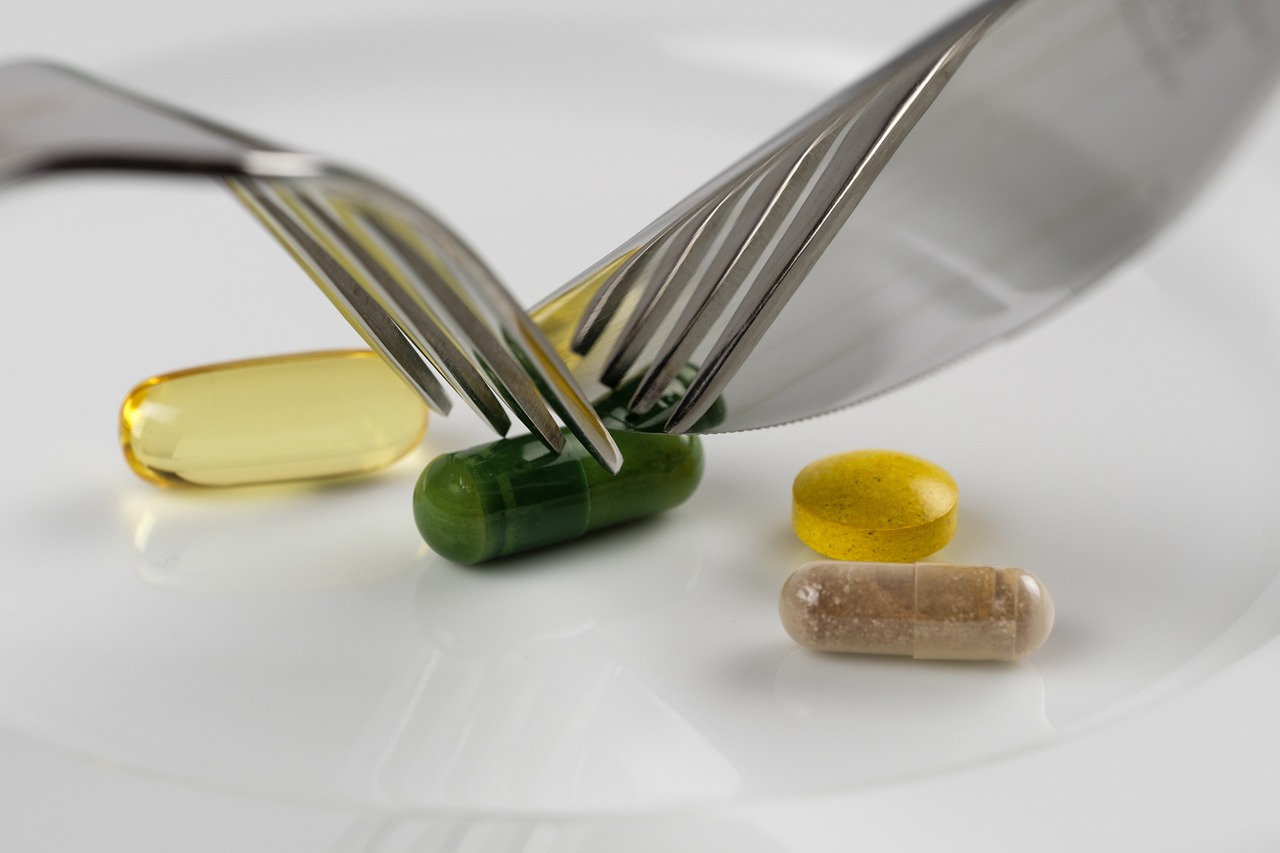
Introduction
Probiotic supplements have gained popularity for their potential benefits in maintaining a healthy gastrointestinal (GI) system. However, these supplements are not universally necessary and are primarily recommended for specific situations. In this article, we’ll explore the two key instances when taking probiotics can be beneficial, as advised by gastroenterologists.
Probiotics: A Brief Overview Probiotics consist of beneficial bacteria that play a crucial role in maintaining a balanced microbial community in the body. They contribute to the functioning of the immune system, control inflammation, aid in digestion, fight off harmful pathogens, synthesize essential vitamins, and enhance the absorption of medications.
Despite these valuable functions, most individuals can maintain their probiotic balance without the need for supplements. A diet rich in high-fiber foods, such as fruits, vegetables, legumes, and whole grains, provides the body with prebiotics – essential nutrients that nourish probiotic bacteria.
When to Consider Probiotic Supplements According to the American Gastroenterological Association (AGA), probiotic supplements are most likely to benefit adults in the following two scenarios:
1. Taking Antibiotics If you are currently undergoing antibiotic treatment for an infection, introducing probiotics can be advantageous. Antibiotics, while effective at combating infections, also eliminate beneficial bacteria in the gut. This reduction in good bacteria can weaken the body’s defense against harmful pathogens, increasing the risk of GI infections like C. difficile (C. diff), as highlighted by the AGA. It is especially crucial to consider probiotics if you are at higher risk, which includes taking antibiotics for an extended period, being over the age of 65, recent hospital or nursing home stays, or having a compromised immune system. However, it’s essential to consult with a healthcare professional to determine whether probiotics are necessary in your specific case, as dietary adjustments can often suffice in restoring the gut’s natural balance.
2. Post-J-Pouch Surgery For individuals who have undergone J-pouch surgery (ileoanal anastomosis surgery) – a procedure typically performed after the removal of the large intestine – incorporating probiotics into their routine can help manage a condition known as pouchitis. Pouchitis occurs when the J-pouch becomes infected and inflamed. This surgery is used to treat severe cases of inflammatory bowel disease, certain instances of colon or rectal cancer, and inherited conditions predisposing individuals to colorectal cancer.
Other Gastrointestinal Issues It’s important to note that probiotic supplements may not provide definitive relief for various other GI issues, including bloating, constipation, diarrhea, diabetes, and recurrent yeast infections. If you are contemplating probiotics for these concerns, it is advisable to consult your healthcare provider. They can evaluate the potential benefits and risks, helping you determine whether a probiotic supplement is a suitable option. Keep in mind that taking unnecessary probiotics can be costly and may disrupt the natural balance of gut bacteria.
Choosing the Right Probiotic Supplement Not all probiotics are the same; they come in various strains that can target different aspects of gut health. When selecting a probiotic supplement, consider the following recommendations from the AGA:
For Antibiotic Use:
- Saccharomyces boulardii
- A combination of Lactobacillus acidophilus CL1285 and Lactobacillus casei LBC80R
- A combination of Lactobacillus acidophilus, Lactobacillus delbrueckii subsp bulgaricus, and Bifidobacterium bifidum
- A combination of Lactobacillus acidophilus, Lactobacillus delbrueckii subsp bulgaricus, Bifidobacterium bifidum, and Streptococcus salivarius subsp thermophilus
For Pouchitis:
- An eight-strain combination, including Lactobacillus paracasei subsp paracasei, Lactobacillus plantarum, Lactobacillus acidophilus, Lactobacillus delbrueckii subsp bulgaricus, Bifidobacterium longum subsp longum, Bifidobacterium breve, Bifidobacterium longum subsp infantis, and Streptococcus salivarius subsp thermophilus
Timing Your Probiotic Intake The optimal timing for taking probiotic supplements remains inconclusive. Some studies suggest that consuming probiotics with a meal may enhance bacterial survival, while others show similar benefits regardless of when supplements are taken. It’s advisable to consult your healthcare provider for personalized recommendations on dosing and whether to take probiotics with or without food.
When to Seek Medical Advice If you are considering probiotics to manage a GI condition or any other health issue, it’s crucial to consult with your healthcare provider. They can assess your symptoms, identify underlying causes, and recommend the most suitable treatment plan. While probiotics can offer benefits in specific circumstances, their use should always be guided by medical expertise to ensure optimal health outcomes.






One thought on ““Probiotic Supplements: When and Why You Should Take Them, According to Gastroenterologists””